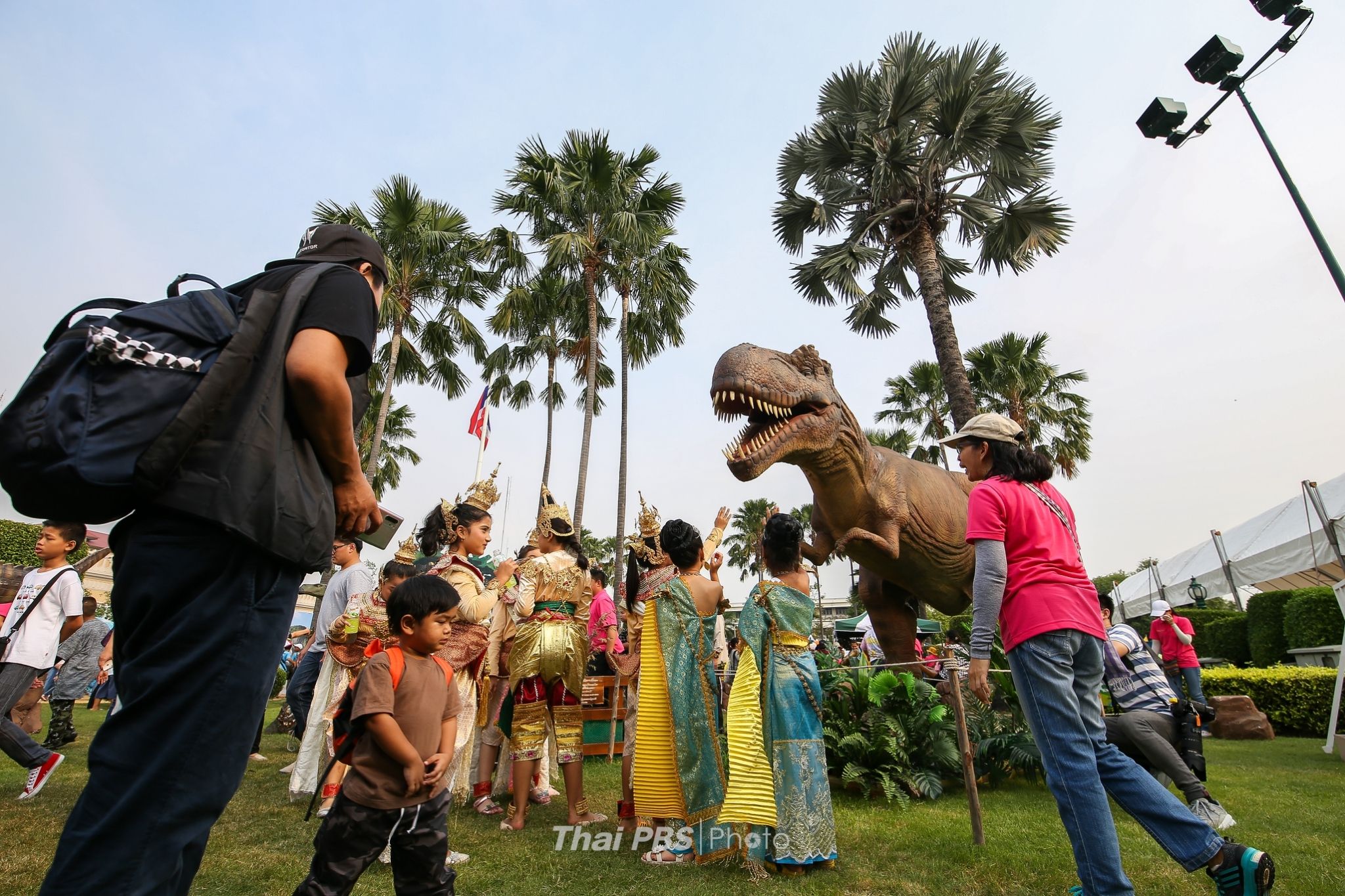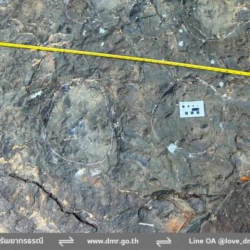Experts warn of ‘lost generation’ as Thailand marks Children’s Day

Since 1956, Thailand has celebrated National Children’s Day with fun activities and impressive speeches about how important kids are to the country’s future.
But as this year’s Children’s Day approaches, academics say urgent action is needed to boost kids’ care, protection, and education otherwise Thailand risks suffering a “lost generation”.
“The current environment is damaging children,” warns Prof Sompong Jitradup, an expert at the Equitable Education Fund (EEF) and former education lecturer at Chulalongkorn University.
Toxic environment
Sompong said nearly half of Thai families are either damaged or broken from grappling with issues like poverty, debt, domestic violence and other conflicts. Faced with these challenges, many parents are failing to provide their children with a nurturing environment to grow up in.
Sompong also pointed to serious deficiencies in the education system, including a lack of emphasis on democratic values, creativity, critical thinking, and the courage to innovate. Compounding the problems are frequent reports of teachers verbally or even physically abusing students. Some teachers have even been caught trying to extort money from children under their care.
Violent disciplinary methods remain a serious blight on Thai education, says Surapong Kongchantuk, president of the Social Action for Children and Women.
“Late last year, an 11-year-old student was hit 70 times by his teacher for failing to complete his homework,” he said. “At another school, a teacher hit a toddler with a metal plate.”
Although the Education Ministry banned physical punishment in 2003, a 2020 survey by the Thailand Development Research Institute found that 64% of students had experienced violent punishment in school.
Another survey found that most teachers believe physically punishing students did not violate their rights, citing the need to turn the children into better humans.
“We need to eradicate this attitude and practice. Schools must be safe spaces for young people,” Surapong said.
Sompong added that communities had been weakened by the modern-day sentiment of “everyone for oneself”, meaning children no longer had the level of support of yesteryear.
“That’s why it is so easy for kids to go astray, especially amid temptations freely available like narcotics, marijuana and e-cigarettes,” he said. Marijuana was decriminalized last year, prompting concern of possible widespread use by youngsters.
Magic doesn’t last
Thailand marks Children’s Day on the second Saturday of January, with fun activities organized for kids across the country.
This year, the Education Ministry is expected to hand out more than 100,000 gifts to mark the occasion on January 13. The themes for this Children’s Day are “Study Well & Be Happy” and “Let’s Hold Hands and Move Ahead Together”.
Government House will also open its doors for the traditional annual children’s tours. A few lucky kids will even get the chance to sit on the prime minister’s chair.
Prime Minister Srettha Thavisin has come up with a motto to encapsulate the special day’s spirit: “Open your horizons, be creative, respect diversity, and contribute to democracy.”
However, Sompong said achieving these laudable aims will require more than just lip service.
“We need funding and a dedicated effort for the transformation,” he said, highlighting the rich-poor gulf in educational opportunities for Thai kids.
“Child development should focus on all children, not just a specific group of kids,” he emphasized.
Sompong noted that while Thailand tends to produce a good crop of academic high-flyers, almost all hail from elite demonstration and international schools.
“I am sure everyone can see the big gaps and inequality in Thailand’s educational sector,” he said.
Failure to protect
Wassana Kaonoparat, who heads the Center for the Protection of Children’s Rights Foundation, has called on the government to uphold its commitments to the United Nations Convention on Child Rights to ensure Thai kids grow up in a safe environment.
“I want to see child development become part of the national agenda,” she said. “All relevant agencies should allocate funds and devote staff to this cause. We can’t pin our hopes solely on the Human Security and Social Development Ministry.”
Wassana said proper child protection is crucial to ending the generational cycle of violence against kids in society. Records show that most perpetrators were physically abused as children.
“We need to take preventive measures to end this cycle of violence,” she said.
Wassana also highlighted the dark side of digital technology, saying measures were needed to combat cyberbullying, victimization and abuse via the internet.
“Responding to crime alone is not enough, steps have to be taken to prevent crime as well,” she said.
Children’s simple dreams
A recent national survey conducted by the Suan Dusit Rajabhat University and the Teachers’ Council of Thailand showed that most Thai children have simple dreams and ambitions.
Asked what would make them happy, the top answer with 57.08% was an end to their families’ struggle to pay for their education. Second 52.50% was satisfying their parents and teachers with good school grades, while 50.21% said they would be happy simply if their family members enjoyed good health.
Nearly half of the respondents wanted more time for family outings, while many also wished for teachers who were understanding and allowed them to think and make decisions for themselves.
Wassana said local administrative bodies have a crucial role in making these simple dreams come true as they are the agencies closest to children.
“Each person and each organization has a role to play in child development. We cannot allow just one organization or NGO to work for these causes,” she said.
But local administrations would only be successful in protecting and serving children if the Interior Ministry laid down clear guidelines and key performance indicators.
“If we don’t change the way we treat our children, we won’t generate quality citizens,” she warned.
Although each month brings days dedicated to special activities for children, these don’t guarantee kids’ well-being every day, Wassana said.
By Thai PBS World’s General Desk






